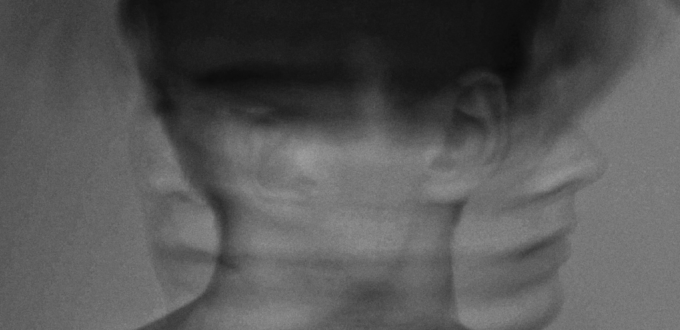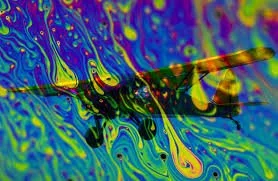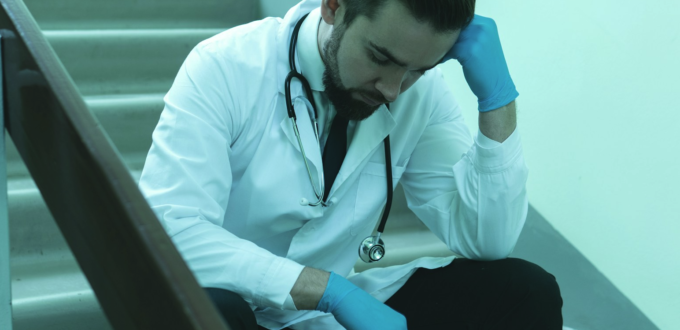
UP-TO-DATE, RESEARCH BASED INFORMATION ABOUT PSYCHEDELICS.
Psilocybin: From psychiatric pariah to perceived panacea
The authors critically examine the evidence base for psilocybin administered with psychological support/therapy (PST) in the treatment of psychiatric disorders and offer practical recommendations to guide future research endeavors.
MDMA and MDMA-assisted therapy
After a course of MDMA-AT involving three MDMA administrations supported by psychotherapy, 67%–71% of individuals with PTSD no longer meet diagnostic criteria after MDMA-AT versus 32%–48% with placebo-assisted therapy, and effects endure at long-term follow-up ... This review further describes the putative neurobiological mechanisms of MDMA underlying its therapeutic effects, the clinical evidence of MDMA-AT, considerations at the level of public health and policy, and future research directions.
Benefits and challenges of ultra-fast, short-acting psychedelics in the treatment of depression
Potential benefits of these treatments include flexible, single day dosing regimens, achievement of treatment efficacy independent from integrative therapy, and ease of clinical implementation ... Acceptance of ultra-fast, short-acting psychedelics will depend on future randomized, placebo-controlled trials with a focus on replication, duration and maintenance of antidepressant efficacy in large patient samples.
Question: "What is one psychedelics story you will be following in 2025?"
The Microdose asked a handful of journalists who closely follow and regularly report on the psychedelics beat to answer a few questions: 'What is one psychedelics story you will be following in 2025? Why?'
“Why did FDA delay the approval of MDMA therapy?” interview with Rick Doblin
Why did FDA delay the approval of MDMA therapy? - interview with Rick Doblin.
Brief interview with Ben Malcolm, 'Spirit Pharmacist'
This brief interview with Ben Malcolm, 'Spirit Pharmacist', contains useful information on a series of areas including common psychedelic-medication interactions.
On psychedelic experiences “mystical” and otherwise: A basic dimensional model
The model has the potential to prepare psychedelic therapists and their clients for the range and variety of experiences that may be encountered during psychedelic sessions.
An investigation of acute physiological and psychological moderators of psychedelic-induced personality change among healthy volunteers
Results indicated significant reductions in neuroticism one month after 25 mg psilocybin administration, a finding consistent with prior studies. Reductions in neuroticism were moderated by the subjective meaningfulness of the psychedelic experience.
Synergistic, multi-level understanding of psychedelics: three systematic reviews and meta-analyses of their pharmacology, neuroimaging and phenomenology
Here, we provide a novel, synergistic understanding of psychedelics arising from systematic reviews and meta-analyses of three hierarchical levels of analysis: (1) subjective experience (phenomenology), (2) neuroimaging and (3) molecular pharmacology.
The Australia story: Current status and future challenges for the clinical applications of psychedelics
The Australian Therapeutic Goods Administration (TGA) approved the use of psilocybin for treatment-resistant depression and MDMA for PTSD to take effect from 1 July 2023 ... This paper reviews the background for this decision, its implications for approvals in other jurisdictions, as well as for the development pathways for other psychedelic drugs.
Could psychedelic drugs improve the mental health of autistic people?
About one in 36 people in the United States qualifies for an autism diagnosis, which comes with higher odds of mental health conditions including depression, anxiety, substance use disorders, and obsessive compulsive disorder.
MindMed announces first patient dosed in phase 3 Voyage Study of MM120 in Generalized Anxiety Disorder (GAD)
Voyage is the first of two Phase 3 studies in GAD evaluating the efficacy and safety of MM120 ODT versus placebo and is expected to enroll approximately 200 participants in the United States. The Panorama study, the second Phase 3 trial, will be conducted in the U.S. and Europe and is on track to initiate in the first half of 2025."
Psychedelic medicines, EU insights (PAREA)
As we near the end of 2024, it's a good time to reflect on a year filled with significant developments in the field of psychedelics in Europe.
Comparative antidepressant effects and safety of intravenous racemic ketamine, psilocybin and theta burst stimulation for major depressive disorder: A systematic review and network meta-analyses of randomized controlled trials
The individual efficacy and safety of intravenous racemic (IV) ketamine, psilocybin, and theta burst stimulation (TBS) for major depressive disorder have been demonstrated through meta-analyses of randomized controlled trials (RCTs), but the comparative usefulness of these novel treatments has not yet been fully examined.
Psychedelic use and bipolar disorder – An investigation of recreational use and its impact on mental health
These findings suggest that psychedelics may hold potential as a safe and effective treatment for BD, though further research, including randomized controlled trials, is needed.
Randomized controlled trials of psilocybin-assisted therapy in the treatment of major depressive disorder: Systematic review and meta-analysis
Conclusion Antidepressant effects of psilocybin-assisted therapy are superior (with at least medium effect sizes) to comparator interventions for at least up to 6 weeks postintervention.
Psilocybin therapy for clinicians with symptoms of depression from frontline care during the COVID-19 pandemic: A randomized clinical trial
This randomized clinical trial found that psilocybin therapy resulted in a significant, sustained reduction in symptoms of depression experienced by clinicians after frontline work during the COVID-19 pandemic. The findings establish psilocybin therapy as a new paradigm of treatment for this postpandemic condition.
Treatment expectancies and psilocybin vs escitalopram for depression
Our findings have several important implications. First, the large between-group effect size that has been reported for psilocybin in depression may be specific to individuals with low or relatively low expectations of other treatment options. Second, given the magnitude of the apparent expectancy effect observed within escitalopram recipients, in clinical trials in depression and perhaps in psychiatry more broadly, it may be appropriate to routinely measure treatment expectancies at baseline.
Survey on psychedelic therapy curricula in academia
These findings not only underscore the growing interest in psychedelic therapy as a professional discipline but also reveal gaps in training and illuminate ways the field can accelerate the integration of evidence-based curriculum into academic settings.
Reconsidering evidence for psychedelic-induced psychosis: an overview of reviews, a systematic review, and meta-analysis of human studies
The reviewed evidence suggests that schizophrenia might not be a definite exclusion criterion for clinical trials exploring safety and efficacy of psychedelics for treatment-resistant depression and negative symptoms.




















